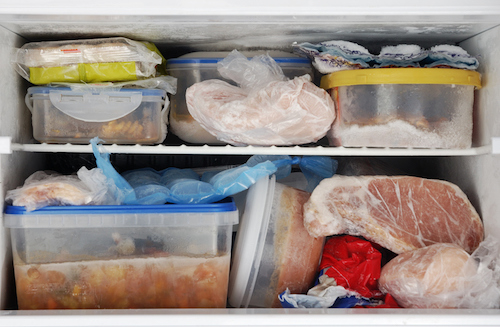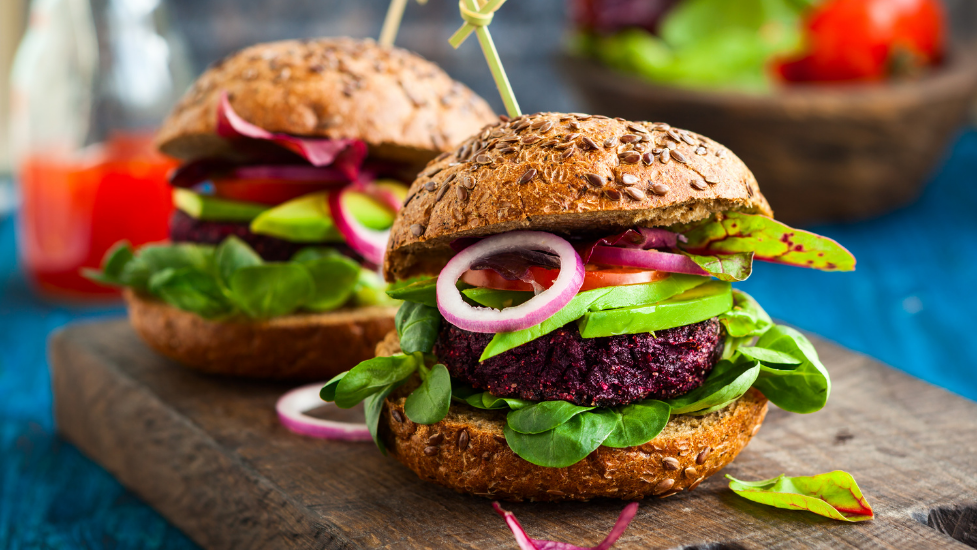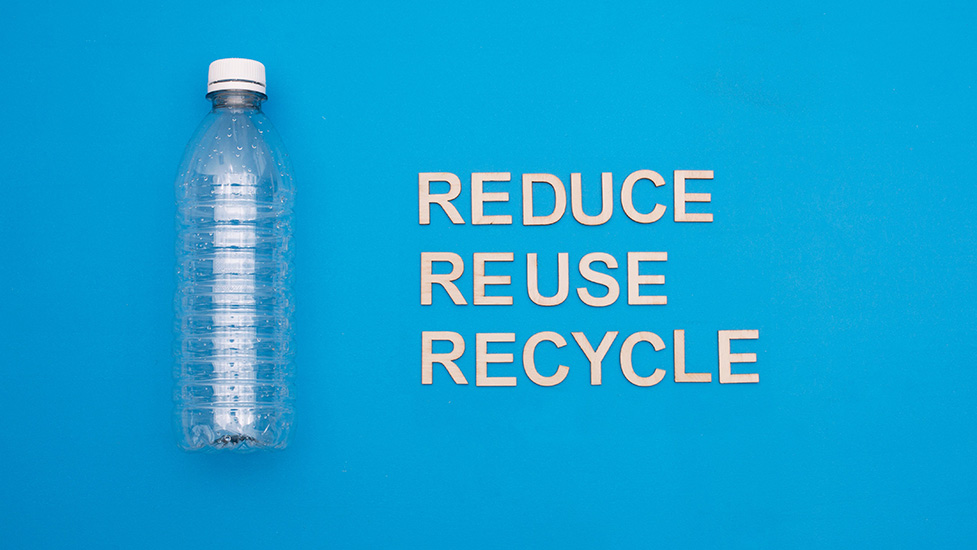Halls Living
How to be more sustainable
Should we be more conscious about how our lifestyles are affecting the planet?
Being sustainable has multiple benefits to your life and the world around you. It can save you money, help you to live a better life and most importantly, prolong our planet.
There's no doubting the importance of cutting down our carbon footprint, but how do we do it? Here are a few ideas that you should start to implement into your daily life as soon as possible...
Don't waste food

Sometimes you might make a bit too much food when cooking your dinner, but don't just chuck it away. Either put it into a container and take it for lunch the next day, or put it in to freezer bags and save it for a rainy day. If you've used half a packet of something refrigerated, you can usually freeze that too and use it for another meal rather than risk it going off and going in the bin.
A resourceful way of using up every bit of your vegetables is by keeping all the scraps and placing them in a freezer bag. Then, when you've collected enough, put them all into a saucepan and add some water, bring to boil and simmer for 30 minutes. Then strain it and you've got stock for a future meal - use for risottos, cottage pie and lots more dishes!
Go paperless

To limit your use of paper there are a few different things you can do, ask for all correspondence with your bank, the council etc. to be sent to your email address. You can now even get your bills sent to your email as well as receipts when you go shopping. These are so simple but can really help so you don't end up just wasting paper.
Drink your coffee from a reusable mug

Reusable cups are a great way to reduce your carbon footprint. Single-use plastic cups from your local cafe have to be thrown away every time you get your favourite coffee, adding to landfill, which is something we all want to avoid. However, with a reusable cup, you can make your own hot drink which not only saves you money but you can reuse again and again. What's more, they'll probably keep your drink hotter for longer. It's a no brainer!
Use charity shops

If you've grown out of some old clothes or are on the hunt for some fresh new pieces, head to your local charity shop. Donating clothes so someone else can enjoy them not only helps the charity out but is a sustainable way of shopping, plus you can find some great hidden gems in charity shops for a small price. Back in 2018, the global apparel and footwear industry produced 2.1 billion tonnes of CO2 emissions - around 4% of total global emissions!
Eat less meat

The production of meat causes climate change. Forests are being wiped clean so that there's space for cattle, but when forests are destroyed billions of carbon dioxide emissions are released into the atmosphere - which is rapidly contributing to global warming. In addition to this, it kills off a lot of wildlife and even causes extinction to some species by destroying their habitats.
If you're a big meat-eater you don't have to go cold turkey. You could try to reduce your weekly intake at first and gradually phase it out. There are also some good challenges like Veganuary where you adapt to a vegan lifestyle for the month of January - it can be difficult, but it's rewarding.
Use less energy and water

Reducing your energy use can help you to reduce your carbon emissions. You can save energy by turning off appliances when you're not using them, limiting your heating in the winter and using a clothes maiden instead of popping your clothes in the tumble dryer. The same can be said about water usage. If we cut down the time we're in the shower, we're reducing the energy needed to deliver it to our homes. You'll be helping the environment and your bank balance will be thanking you too.
Finding it difficult? Take a look at these handy tips to help you save energy around your home!
Use sustainable products

Swapping some of the products you use for eco-friendly alternatives is an effective way of protecting the environment. There are now zero-waste stores around the UK which allow you to take just the right amount of a product that you need. Swaps such as sustainable chewing gum, oat milk, or silicone mats greatly help the environment and reduce waste too.
Reduce, recycle and reuse!

This has been drummed into us for a while now, but if you're not doing it then you should really get into the habit of doing so. There are plenty of recycling bins available for us to dispose of our recycling waste. Recycling conserves resources, reduces landfill and saves energy so it has so many benefits to us preserving the planet.
Reusing items is also a great way of saving resources and limiting waste. When you go to the supermarket, pick up a bag for life which you can use each time you shop instead of using and throwing away carrier bags. You can also buy reusable straws so whenever you're drinking your favourite tipple down the pub you don't have to use plastic straws which sadly end up in oceans.
Let's keep our planet healthy!
Topics
- Read Next
-
 How to deal with loneliness living in halls
How to deal with loneliness living in halls
 Study tips from Residential Assistants
Study tips from Residential Assistants
 National Pet Day 2024: Showcase!
National Pet Day 2024: Showcase!
 Holi 2024 Photo Gallery
Holi 2024 Photo Gallery
 Holi: Immerse yourself in the Colours of Spring
Holi: Immerse yourself in the Colours of Spring
 What Kind of Flatmate Are You? Take the Quiz!
What Kind of Flatmate Are You? Take the Quiz!
 Aiman's student- friendly 15-minutes meals
Aiman's student- friendly 15-minutes meals
 The best Asian spots around London
The best Asian spots around London
 Share Your Feedback!
Share Your Feedback!
 RAMADAN: What is it?
RAMADAN: What is it?
- Popular
-
 The Residential Services Online Shop
The Residential Services Online Shop
 How do I get my Residents' Rewards Card?
How do I get my Residents' Rewards Card?
 Queen Mary Food pre-paid meal plans - ON SALE NOW!
Queen Mary Food pre-paid meal plans - ON SALE NOW!
 How to contact Security at Queen Mary
How to contact Security at Queen Mary
 The Queen Mary Zero Waste Shop
The Queen Mary Zero Waste Shop
 Aspire Point 101- Quick Guide to Aspire Point FAQs
Aspire Point 101- Quick Guide to Aspire Point FAQs
 How to Report Maintenance Issues in Queen Mary Halls
How to Report Maintenance Issues in Queen Mary Halls
 Introducing the Residential Welfare Team
Introducing the Residential Welfare Team
 Receiving post to halls?
Receiving post to halls?
 THE guide to doing laundry at Queen Mary
THE guide to doing laundry at Queen Mary


